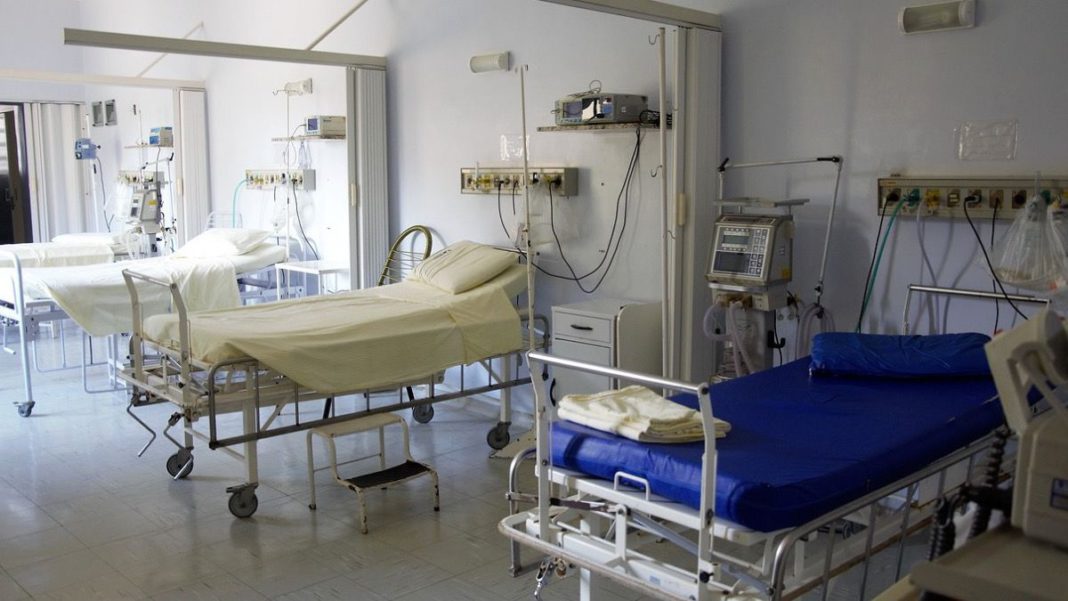ISRAEL/GAZA: Hospitals in Gaza are stopping some functions as they face shortages of water and fuel for generators while struggling to cope with a surge in casualties and an influx of civilians seeking refuge from Israeli airstrikes.
The United Nations, the largest humanitarian aid provider in Gaza, says that its operations will come to a halt tonight if it does not get fresh supplies. Israel is halting the delivery of new fuel supplies to Gaza while accusing Hamas of amassing hundreds of thousands of litres.
Furthermore, an additional eight aid trucks carrying essential supplies like food, water, and medicine entered Gaza from Egypt last night. However, humanitarian agencies emphasise that a daily influx of at least 100 trucks is necessary to meet the region’s needs.
The Gaza government, controlled by Hamas, reports that 80 individuals lost their lives due to Israeli airstrikes overnight, while the IDF asserts that it targeted “terrorist infrastructure.”
As of Tuesday, Gaza’s health ministry reported nearly 5,800 casualties since October 7, with over 1,400 of those resulting from the initial Hamas attacks on Israel. Additionally, more than 200 people remain hostage.
Hospital crisis
Gaza’s hospitals are not only grappling with an overwhelming number of patients suffering from traumatic injuries due to relentless aerial bombardment but are also inundated with tens of thousands of individuals seeking refuge, further complicating the already challenging task of providing care to the wounded.
Doctors, healthcare administrators, and international relief organisations are describing dire circumstances, including instances of doctors having to perform surgeries with minimal or no anaesthesia, relying on the light from mobile phones, and, in some cases, using vinegar as a substitute for antiseptics.
Meanwhile, the Israeli army has issued evacuation orders to more than 20 hospitals in northern and central Gaza, which constitute a significant portion of Gaza’s healthcare system—an order medics say is impossible to carry out.
“We have no fuel to run the standby generators, and those who are affected first are the operation rooms, the intensive care units and emergency rooms,” said Medhat Abbass, the director general of the Gaza health ministry.
“We have mass casualties in the hospitals dealing with surgical cases. The problem is that the staff are exhausted and we have no medical supplies. We are consuming in a day what we used to consume in a month,” Abbass added.
“We are operating on some patients in the corridors of the hospitals. We are operating on them on the ground by the light of the mobile phones, and some of them were operated on without anaesthesia,” he continued.
In recent days, limited quantities of medical supplies have been permitted to cross the Egypt-Gaza border. However, Israel has refused to allow their distribution in the northern part of Gaza, where most of the hospitals are located. This decision aligns with the Israeli government’s objective of evacuating the entire northern half of the Gaza Strip before an anticipated ground offensive.
The World Health Organisation (WHO) has encountered difficulties in distributing fuel or medical materials in the north due to a lack of security assurances. Gaza has been without new fuel supplies since the October 7th attack by Hamas on Israel, which has resulted in power shortages affecting hospital generators and the critical desalination and water pumping infrastructure.
Over the past few days, aid officials have been hopeful that fuel would be included in aid convoys coming from Egypt. However, on Tuesday evening, Israeli military spokesperson R Adm Daniel Hagari remained resolute in his stance against permitting fuel deliveries.
Hagari said, “Fuel will not enter Gaza as Hamas uses it for its operational needs.” He stated that if required, Hamas can return the fuel stolen from UNRWA [the United Nations Relief and Works Agency for Palestinian refugees] and provide it to hospitals.
On Tuesday, a video surfaced depicting the Indonesian hospital in northern Gaza plunged into complete darkness as its generators malfunctioned, leaving only the feeble light of mobile phones.
Abbass stated that patients from this hospital, which was constructed with financial support from the Indonesian government in 2016, had to be relocated to al-Shifa Hospital, which was already grappling with severe overcrowding.
Also Read: Escalation in Israel-Palestine Conflict: Death Toll Rises, Regional Tensions Mount



